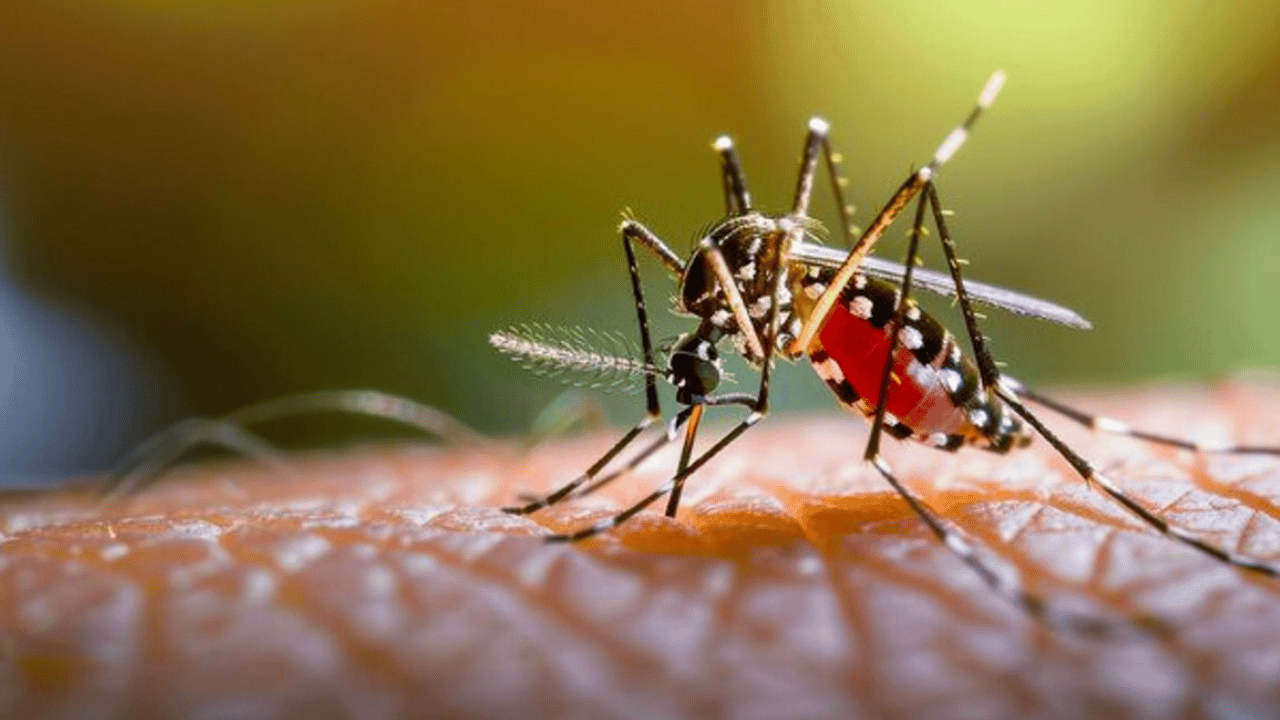
Dengue Fever Bali is a common tropical illness caused by the dengue virus, transmitted primarily through the bite of Aedes aegypti mosquitoes. The infection often starts as a mild viral fever but can lead to high fever, muscle pain, and exhaustion. While most cases are treatable with proper care, severe dengue can cause serious health complications if left untreated. Due to Bali’s warm and humid climate, dengue cases occur year-round, especially during the rainy season when mosquito populations increase.
Importantly, Dengue Fever Bali does not only affect tourists and travellers — local residents are equally at risk. The virus spreads quickly through mosquito bites, and infection can occur even during short outdoor exposure without protection. Understanding the symptoms, early treatment options, and preventive actions is crucial to safeguard both visitors and the Balinese community from this mosquito-borne disease.
Symptoms of Dengue Fever Bali
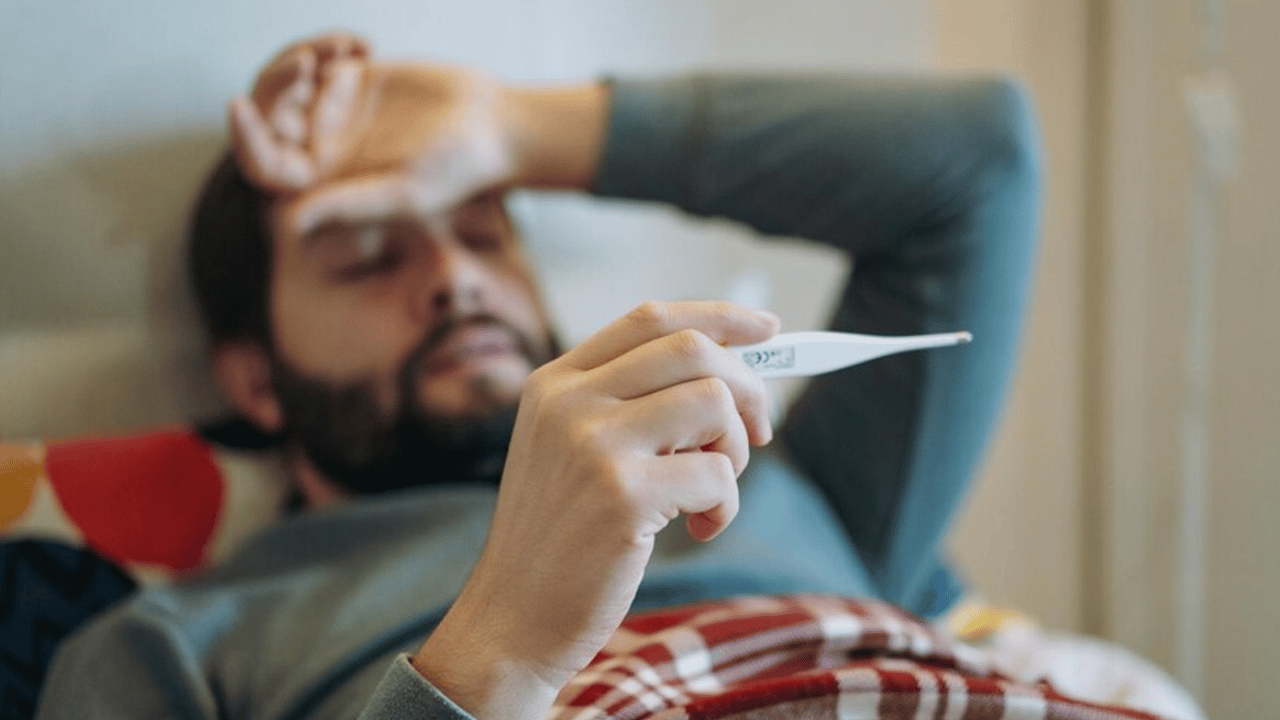
Common symptoms of Dengue Fever Bali usually appear 4–10 days after being bitten by an infected mosquito. The severity of symptoms may vary depending on the person’s immunity and whether it’s their first or subsequent dengue infection.
Typical signs and symptoms include:
- High Fever (up to 40°C / 104°F): One of the earliest and most prominent symptoms, often lasting for 2–6 days.
- Severe Headache: Frequently centred behind the eyes and accompanied by pressure or pain.
- Pain Behind the Eyes: A distinctive symptom that helps identify dengue compared to other viral illnesses.
- Joint and Muscle Pain: Also known as “breakbone fever” due to the intense, body-wide aches.
- Nausea and Vomiting: A common reaction to fever and dehydration.
- Skin Rash: May appear after a few days of fever, presenting as red spots or patches on the skin.
- Mild Bleeding: Such as gum bleeding, nosebleeds, or easy bruising from low platelet counts.
- Fatigue and Weakness: Often lingers for several days after the fever subsides.
If untreated, Dengue Fever Bali can develop into a more severe form called Dengue Hemorrhagic Fever. This advanced stage may cause damage to blood vessels, internal bleeding, and a significant drop in platelet levels.
Seek immediate medical help if any of the following warning signs occur:
- Persistent abdominal pain
- Continuous vomiting
- Difficulty breathing
- Bleeding gums or under-skin bruising
- Confusion, restlessness, or extreme fatigue
- Signs of dehydration such as dry mouth or dizziness
Early detection and proper hydration play a key role in recovery. For worsening symptoms, Saline Bali Clinic offers professional dengue care and IV therapy to help restore fluids and support recovery.
How to Treat Dengue Fever Bali
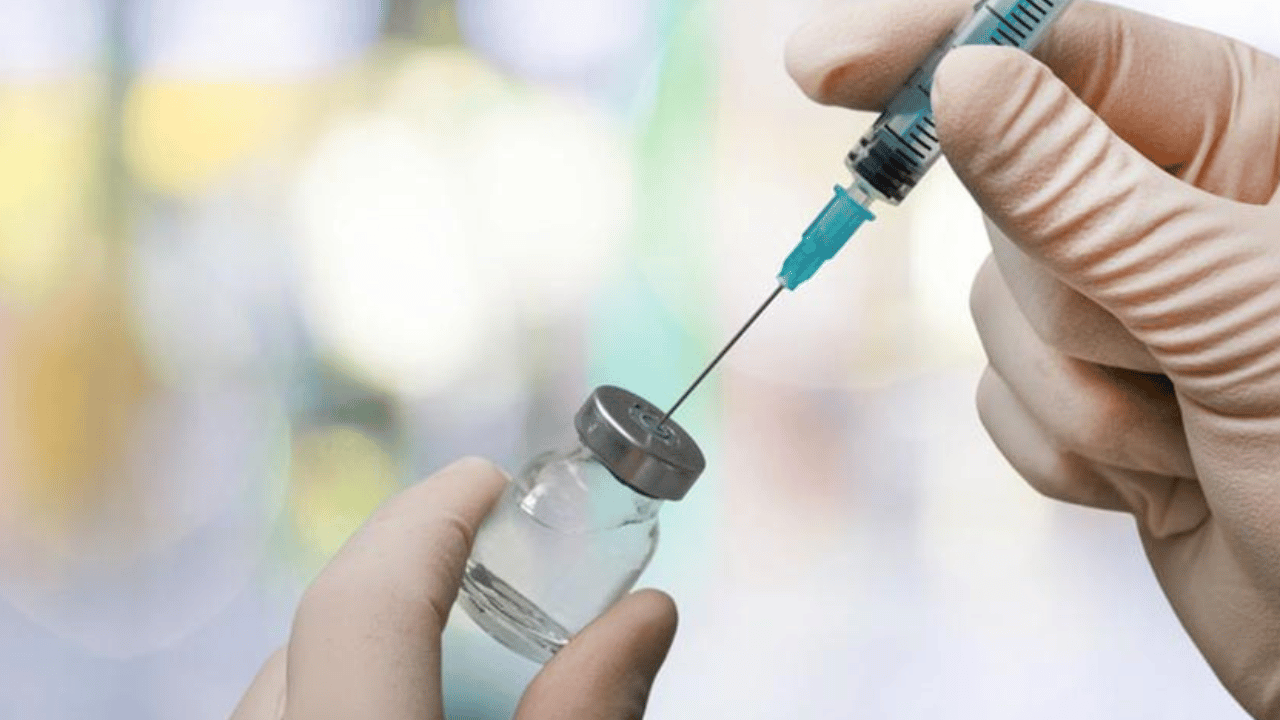
Before taking a patient to a clinic, several steps can be done to help stabilize their condition:
- Encourage the patient to rest and stay hydrated by drinking plenty of water, coconut water, or electrolyte solutions.
- Avoid aspirin or ibuprofen, as these medications can increase the risk of bleeding.
- Use paracetamol for reducing fever and pain.
- Keep the patient in a cool and comfortable environment and monitor their temperature regularly.
- If symptoms worsen (such as vomiting, dizziness, or bleeding), seek medical attention immediately.
Clinics like Saline Bali Clinic are well-equipped to provide hydration therapy, IV treatments, and medical monitoring for Dengue Fever Bali patients to ensure safe and effective recovery.
IV Drip Treatment for Dengue Fever Bali
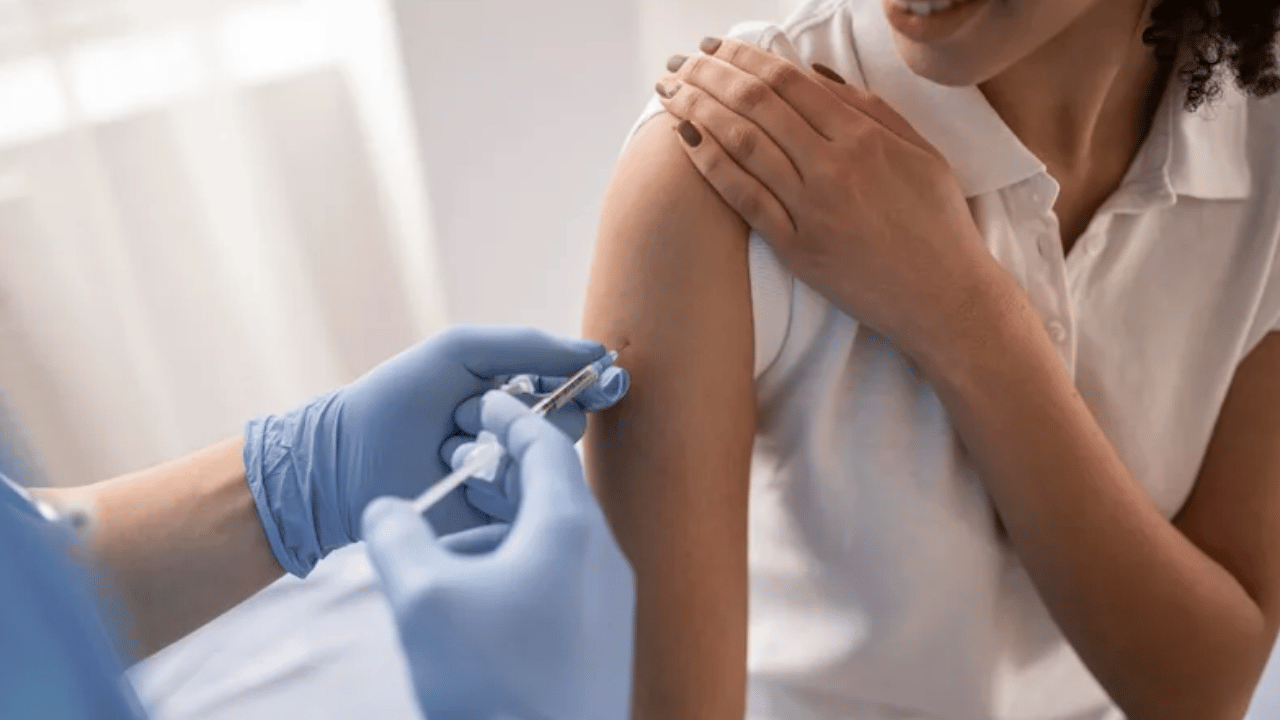
IV Drip therapy is one of the most effective ways to rehydrate patients suffering from Dengue Fever Bali, especially those who cannot consume enough fluids. Saline Clinic offers specialized Dengue Fever Care Packages to help speed up recovery and restore vital nutrients.
Available packages atSaline Clinic – Dengue Fever Care:
Saline Bali offers two main dengue-focused IV care packages. Each is designed with specific treatments and support measures based on the patient’s condition and monitoring needs:
- DENGUE HYDRATION
- Price: IDR 2,300,000 (IDR 2,300k)
- This is a more comprehensive package that includes:
- Laboratory Test: Dengue-specific lab tests including CBC (Complete Blood Count) & NS1 antigen
- Deep Hydration: 1,000 ml (1 liter) of IV fluids
- IV Stomach Protector: To protect the gastrointestinal lining
- IV Anti-Fever Medication: To control high temperatures
- IV Pure Vitamin C: Support immune function
- Vitamin B Complex Drip: Assists in energy metabolism and recovery
- Oral Medication: Additional oral support as needed
- Insurance Report: Documentation support for claim purposes
This package is ideal for patients who require more intensive monitoring and support upfront, especially if symptoms are moderate to severe or if they want the most complete care.
- DENGUE DRIP
- Price: IDR 1,300,000 (IDR 1,300k)
- A more streamlined IV package intended for patients who are already under observation or whose symptoms are less severe. Inclusions:
- 1,000 ml Hydration via IV
- IV Stomach Protector
- IV Anti-Nausea: Helps curb vomiting and nausea
- IV Anti-Fever: To manage elevated body temperature
- IV Pure Vitamin C
- Laboratory Test (CBC) only (no NS1 test included)
This package is suitable for daily follow-up care over multiple days, focusing on hydration, symptom control, and regular blood count checks.
How to Prevent Dengue Fever Bali
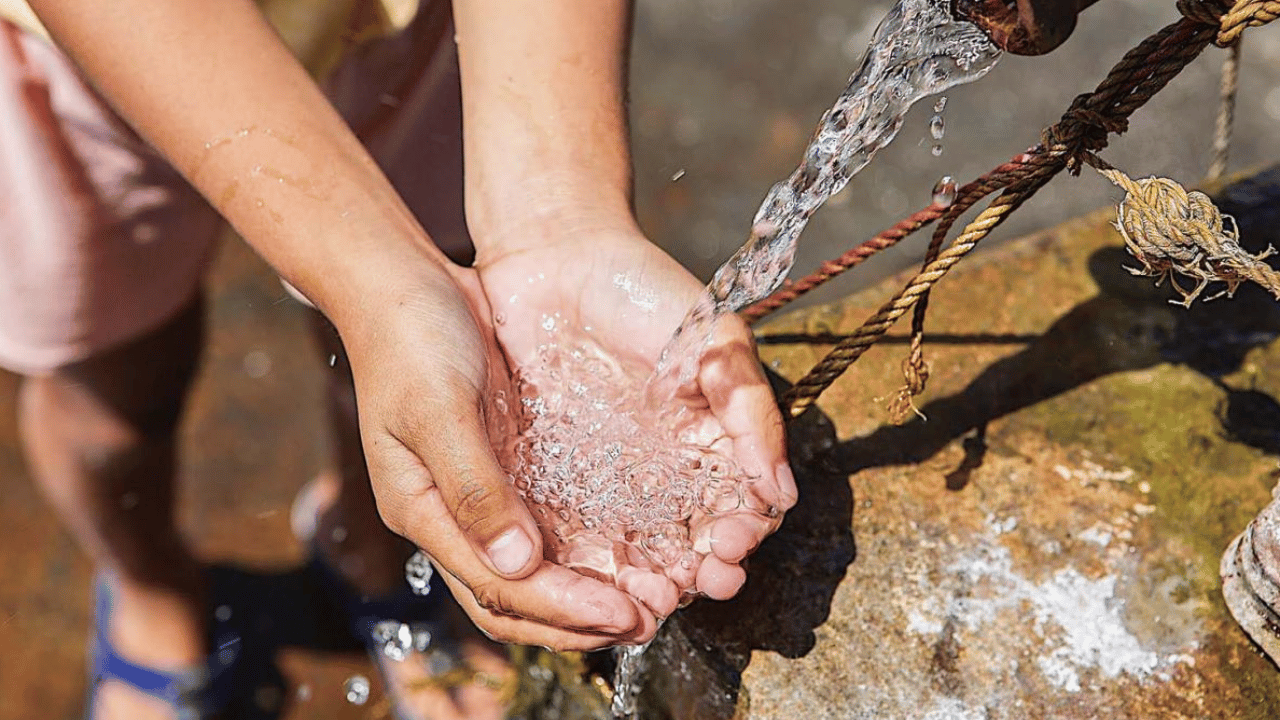
Prevention is always better than cure. Protecting yourself and your environment is the most effective way to avoid Dengue Fever Bali. Here are some practical prevention tips:
- Regularly clean and cover water containers to stop mosquito breeding.
- Remove stagnant water from flower pots, buckets, or outdoor areas.
- Use mosquito repellents and wear long sleeves during dawn and dusk.
- Install window screens or sleep under mosquito nets.
- Keep your surroundings clean and dispose of garbage properly to prevent mosquito habitats
Dengue Vaccine at Saline Bali Clinic
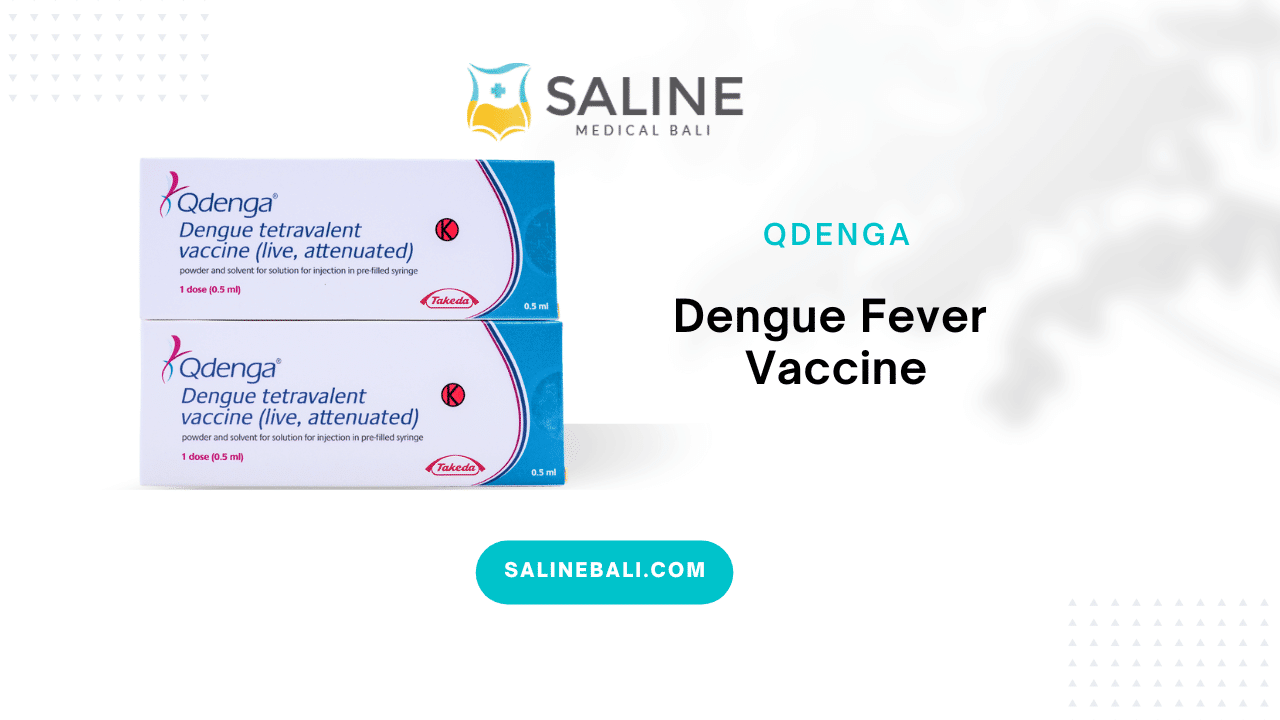
The Dengue vaccine offered by Saline Bali Clinic is QDENGA, an advanced and clinically approved vaccine designed to prevent infection from all four dengue virus serotypes (DEN-1, DEN-2, DEN-3, and DEN-4). These viruses are transmitted by Aedes aegypti and Aedes albopictus mosquitoes — the same species responsible for most dengue outbreaks in tropical regions such as Bali.
How QDENGA Works
The QDENGA vaccine contains live attenuated (weakened) forms of the four dengue virus strains. When injected, it stimulates the body’s immune system to produce protective antibodies against all dengue virus types without causing illness. This allows the body to recognize and fight the virus effectively if exposed in the future.
By covering all four strains, QDENGA helps prevent both primary infections and severe secondary infections, which are usually more dangerous due to immune system overreaction.
Dosage and Schedule
The QDENGA vaccine is administered in two doses, with a three-month interval between each shot.
- For children (6–18 years) – Two doses, 0.5 mL each.
- For adults (18–45 years) – Two doses, 0.5 mL each.
The full two-dose schedule is important to ensure long-lasting protection and optimal immune response.
Vaccine Composition
Each 0.5 mL dose of QDENGA contains live attenuated dengue viruses representing all four serotypes:
- Serotype 1: 4.0–5.4 log₁₀ PFU
- Serotype 2: 3.0–5.4 log₁₀ PFU
- Serotype 3: 3.0–5.4 log₁₀ PFU
- Serotype 4: 3.0–5.4 log₁₀ PFU
These are combined in a balanced formula to ensure safe and effective immune stimulation without causing infection.
Possible Side Effects
Like most vaccines, QDENGA may cause mild and temporary side effects as the immune system responds, such as:
- Low-grade fever
- Pain, redness, or swelling at the injection site
- Mild headache or fatigue
- Temporary muscle or joint discomfort
These symptoms usually resolve within 24–48 hours and are signs of the body’s natural immune activation.
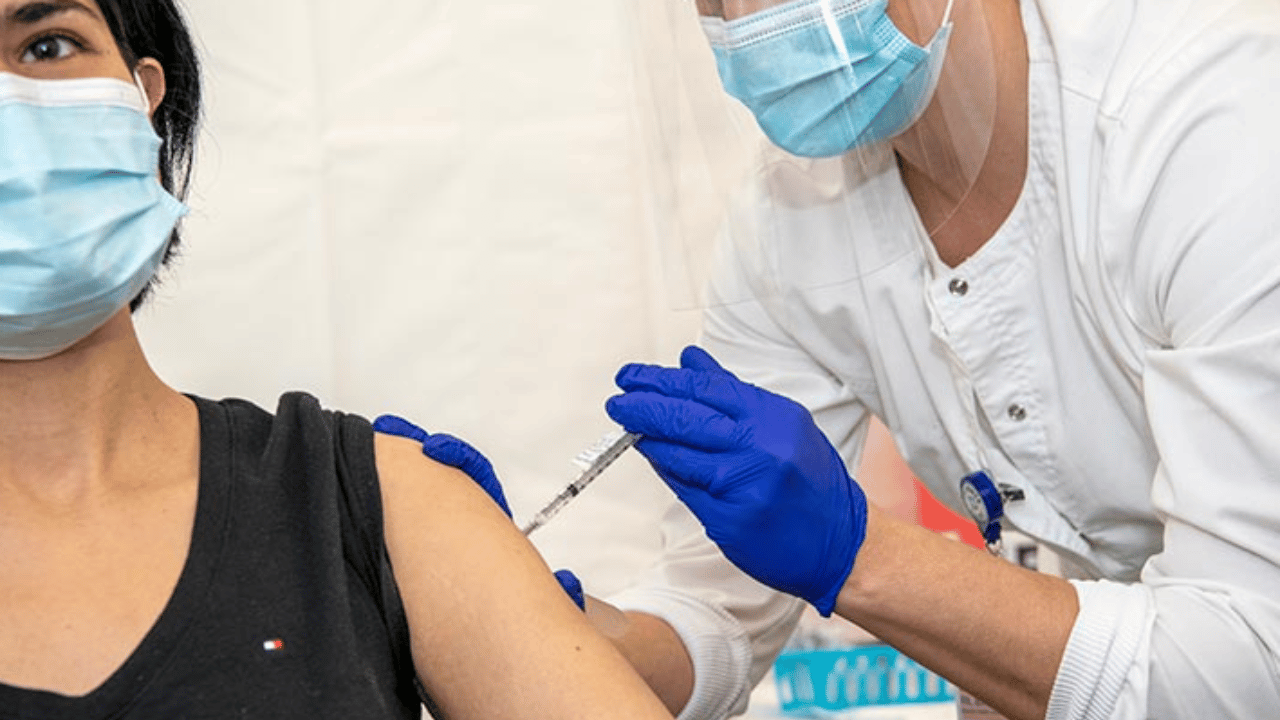
Who Should Avoid the Vaccine
The QDENGA vaccine is not recommended for:
- Individuals with severe allergies to any vaccine component
- Pregnant or breastfeeding women
- People with weakened immune systems (for example, those on chemotherapy or high-dose corticosteroids)
It’s always best to consult a healthcare professional at Saline Bali Clinic before vaccination to confirm eligibility and ensure safe administration.
Vaccine Price
At Saline Bali Clinic, the QDENGA vaccine is available for IDR 1,000,000 per dose (around USD 65). Completing both doses is necessary for full protection.
Dengue Fever Bali continues to be a public health concern for both locals and visitors, but with early awareness, preventive action, and proper treatment, the risks can be minimized. Recognizing symptoms early, maintaining hydration, and avoiding self-medication are key to a smoother recovery.
For trusted care, Saline Bali Clinic offers a complete range of dengue treatments — from IV Drip therapy and home-care services to dengue vaccinations. Their professional medical team ensures personalized, safe, and efficient care whether you’re staying in a villa, resort, or at home in Bali. Staying informed and proactive is the best protection against Dengue Fever Bali.
Frequently Asked Questions
What is Dengue Fever Bali?
Dengue Fever Bali refers to dengue infections that occur on the island, caused by the dengue virus transmitted by Aedes mosquitoes. It affects both tourists and local residents, especially during the rainy season when mosquito populations increase.
What are the common symptoms of Dengue Fever in Bali?
Symptoms of Dengue Fever in Bali typically appear about four to ten days after being bitten by an infected mosquito. Patients often experience a sudden high fever reaching up to 40°C, along with severe headaches, pain behind the eyes, and intense joint and muscle pain. Nausea and vomiting are also common, and many patients develop a red skin rash or mild bleeding such as nosebleeds or gum bleeding
In some cases, fatigue and weakness may continue even after the fever subsides. If the symptoms worsen, the condition can develop into Dengue Hemorrhagic Fever (DHF), which is a more severe form that requires immediate medical attention..
How is Dengue Fever treated in Bali?
There’s no specific cure, but treatment focuses on hydration, rest, and fever control. Clinics like Saline Bali offer IV drip therapy to help rehydrate and restore electrolytes. Severe cases may require hospitalization and medical monitoring to prevent complications.
Can I get a Dengue vaccine in Bali?
Yes, you can. Saline Bali Clinic provides the QDENGA dengue vaccine, which protects against all four dengue virus strains. It’s given in two doses three months apart and helps prevent both first-time and severe infections.
How can I prevent Dengue Fever while in Bali?
Preventing Dengue Fever in Bali involves protecting yourself from mosquito bites and maintaining a clean environment. You should apply mosquito repellent regularly, wear long-sleeved clothing especially during early morning and evening hours, and sleep under mosquito nets or use electric repellents. Keeping your surroundings free from stagnant water helps prevent mosquito breeding, as dengue mosquitoes often lay eggs in clean, standing water. Getting the Dengue vaccine before or during your stay in Bali is also a smart preventive measure to reduce the risk of infection.
